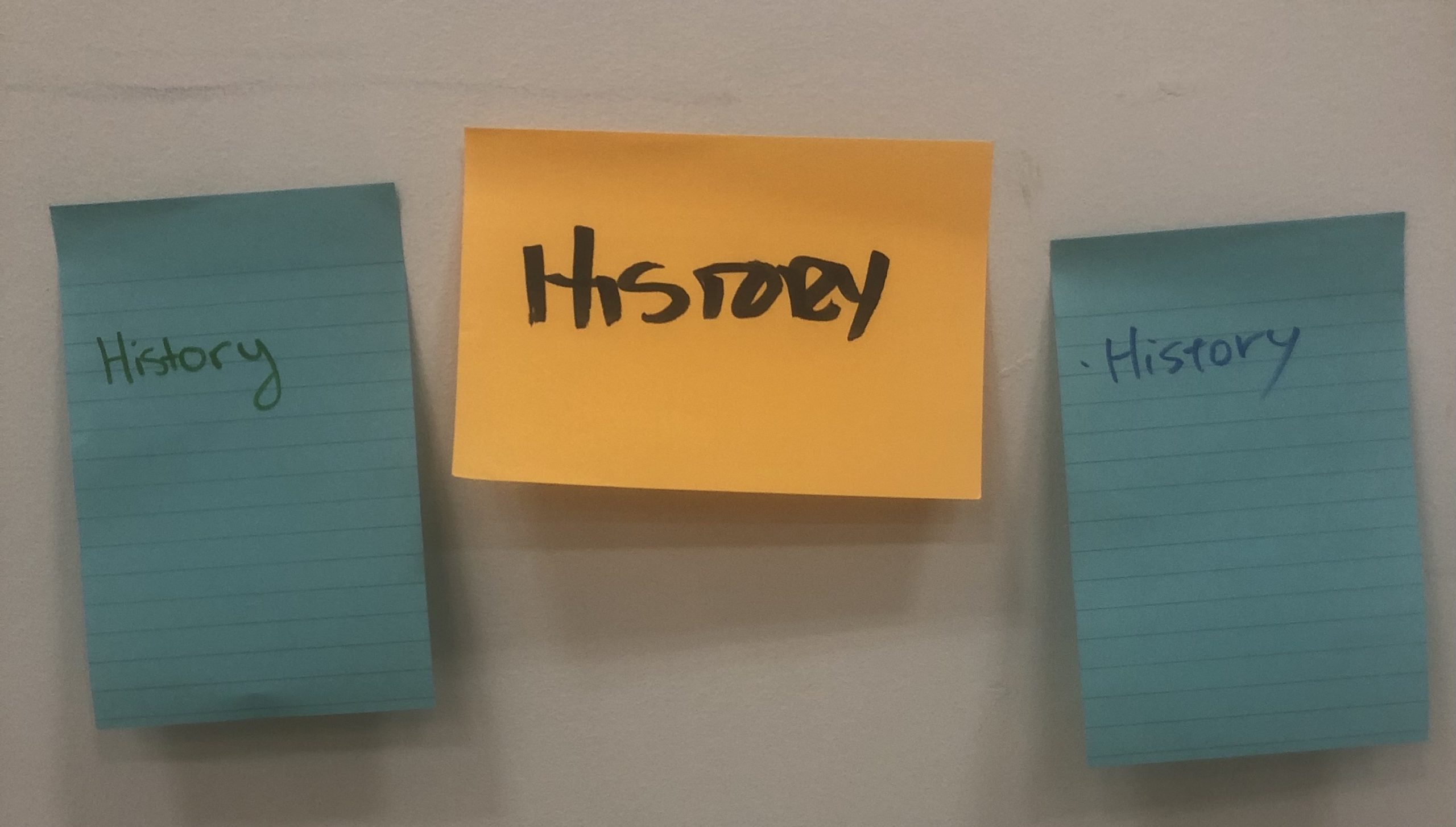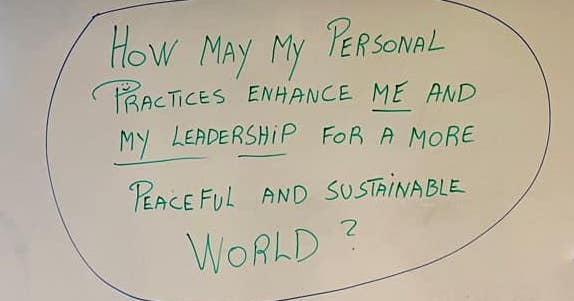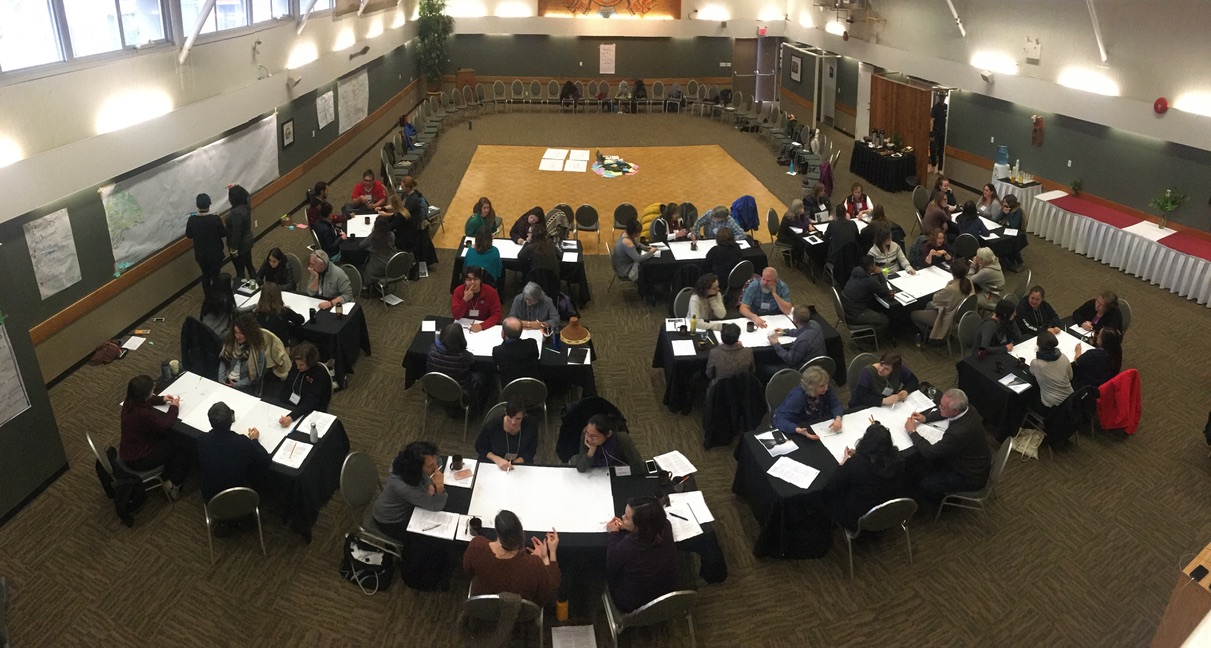
Over on LInkedIn, Bryan Stallings pointed to a 2017 post at the International Association of Facilitators site that contains a set of definitions of facilitation. I don’t remember contributing to that article, but I quite like what I said at the time: “While facilitation traditionally means ‘to make things easy’ I think we need a new definition that means ‘to host the struggle together.’ Good facilitators help create a container for people to work with difference and diversity to make good things happen.” That’s pretty good, I think. It describes what I do and it describes a shift in my practice over …
Years ago I wrote a little book called the Tao of Holding Space which was an interpretation of the Tao te Ching as applied to Open Space Technology and the facilitation of other participatory practices. Annick Corriveau is an Open Space Facilitator and she interviewed me a couple of months ago about my nearly 30 year history with Open Space Technology and the origins of this little book. She has a series of interviews with OST practitioners that are well worth checking out. You can download the book for free from the Internet Archive in English or in Chinese or …

One of the quotes I keep rolling out all the time is this one from Christina Baldwin: No group can prove itself safe by the definition of one member; it can only prove itself healthy and responsive to the the needs of different people over time Christina Baldwin, Calling the Circle, p. 172 I sometimes reframe this quote as “No one person can be responsible for safety in a group, but a group can learn to take responsibility for its own safety.” For a group to work well, especially if it is confronting challenges, uncertainty, complexity, or conflict, it needs …

The other day on the Art of Hosting facebook group, my friend Cedric Jamet asked folks for some materials about the four fold practice, which is the basic essence of the Art of Hosting. Toke Moeller weighed in with his latest posters from a session he was leading with graduate students in sustainability leadership. Toke was, of course, one of the originals who put the four fold practice together and like all good generative frameworks, it has changed over time and it gets expressed in different ways depending on context. But the essence is that it balances self-awareness and focused …

For much of the past few years my facilitation and evaluation practice has been steadily merging together. When I FINALLY came across Cynthia’ Kurtz’s body of work, Participatory Narrative Inquiry a few years ago, I felt simultaneously validated and challenged. Validated in that the participatory facilitation work I have been doing since I stumbled on Open Space Technology in 1995 met the complexity work I have been in since 2005 and the developmental evaluation work I’ve been doing for the past ten years. Challenged in that it opened up new streams for my practice, and that has been gratifying. Nowadays …

